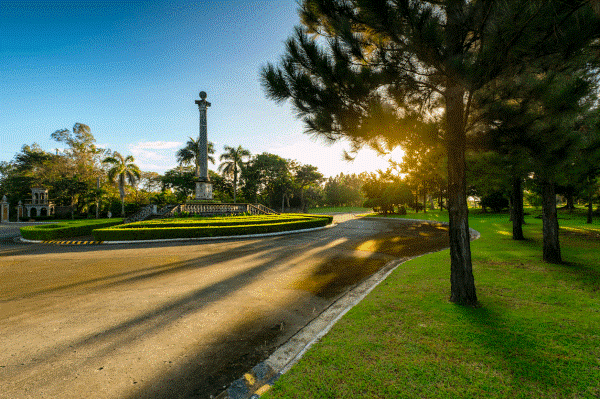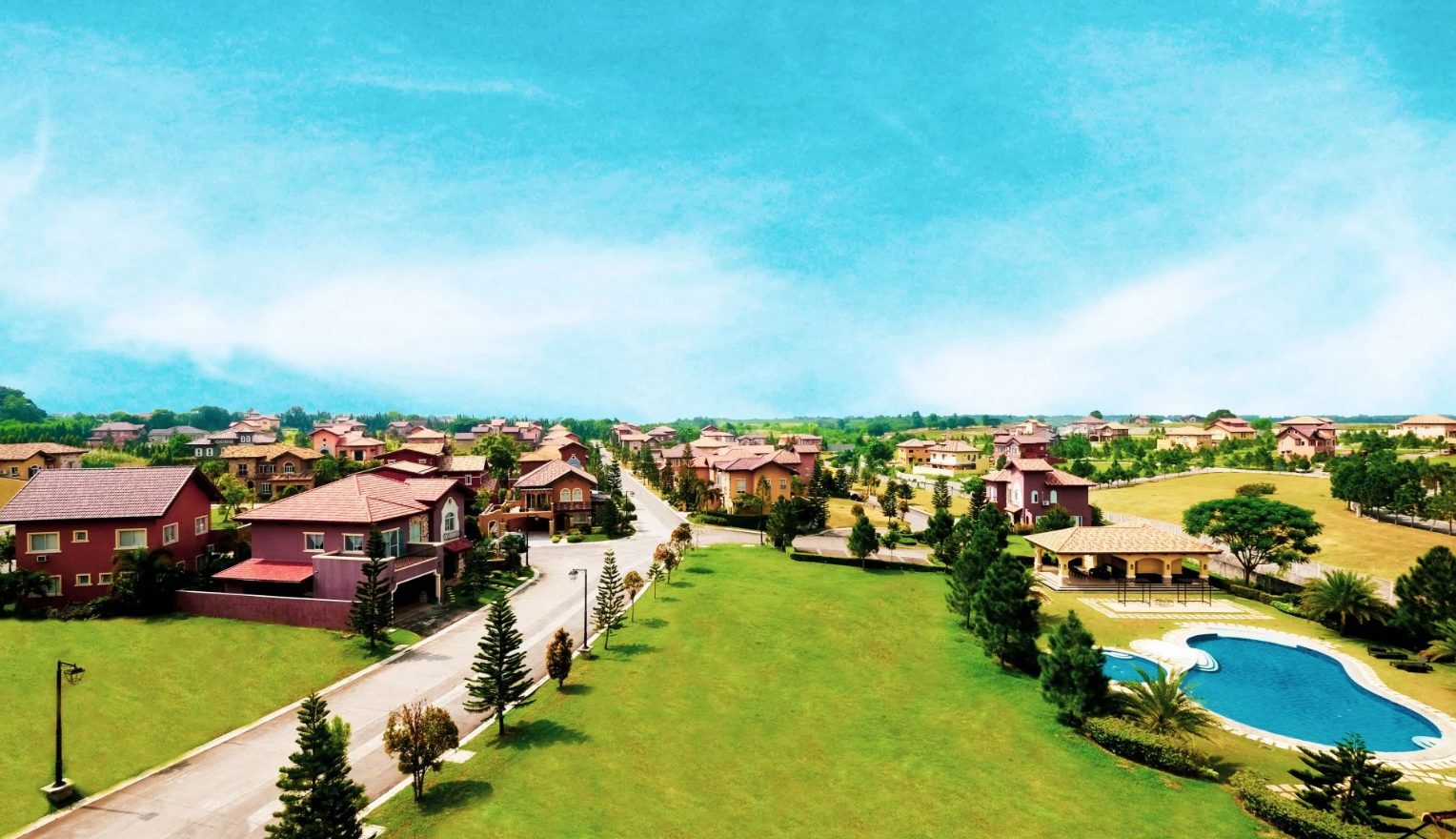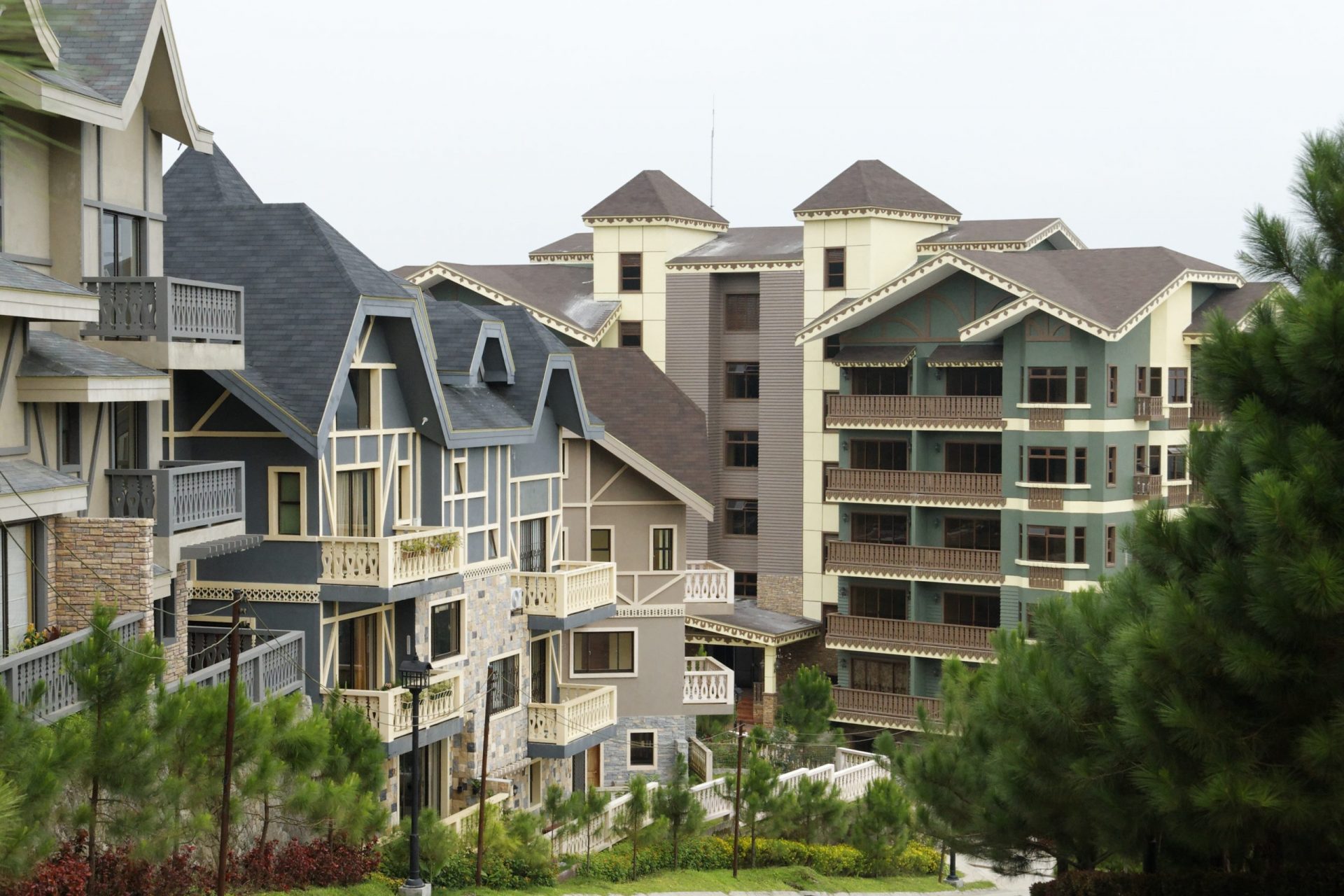BLOGS
Philippine Real Estate Laws Guide
As the forecast for the real estate industry has started to sound positive again, after being affected by the global health crisis that is COVID-19, many people are regaining the confidence to look into investing in real estate properties. The demand is starting to pick up, especially in areas around the central business districts in the Philippines as the return-to-office mandates are now almost in full swing. Pre-selling house and lot units, studio apartments, and condominium units seem to be back on track as the pandemic ceases and the world is getting back its taste of normalcy.
However, having enough resources to purchase and move into a new property is not all that it takes when it comes to real estate. There are laws of the land that needed to be strictly complied with, a bunch of contracts and certificates to be taken care of, and taxes that needed to be paid with due diligence.

Truth be told, it is better to ask legal advice from a professional when it comes to real estate laws before starting to do any transaction, especially when it concerns a huge investment. There are plenty of legal terms that are enough to make one’s head spin just by looking at them—it is definitely not a beginner’s game. Although, there is nothing wrong for potential homebuyer to look up Philippine real estate laws on their own and try their best to be informed on the subject. It is best to be familiar with the details to avoid any legal violations in the future even without the constant presence of a real estate attorney anyway.
What is Real Estate Law?
Real estate law, also known as real property law, is the area of law that governs the purchase, use, and sale of land, according to Legal Career Path. It is the legal framework that governs how people acquire property and what they can do with it once they do.

Real estate law has many different aspects under it. It involves processing of deeds, titles, loans or financing, zoning, taxes and estate planning. There are many Philippine real estate laws in place to regulate the real estate industry in the county. These laws are not only for the protection of rights of the sellers, but also the investors and buyers.
Philippine Real Estate Laws
To jumpstart one’s journey to becoming a legitimate homeowner, here is an easy guide to the Philippine real estate laws. This guide shall serve as an introduction to a more thorough discussion on the subject as not every bit of detail can be covered by this article.
1. The Maceda Law
The Maceda Law, also called as “The Realty Installment Buyer Act or Republic Act 6552,” is initiated by lawmaker Ernesto Maceda and has been in place since 1972. This law concerns potential homebuyers who are planning to buy a property from a real estate developer or contractor that offers installment scheme for the equity payment.
Pre-selling units is one of the most popular real estate offerings in the Philippines that are being availed mostly by the working class or Overseas Filipino Workers (OFWs) who are dreaming of becoming a homeowner. Typically, pre-selling units—may it be a house and lot or condominium—work by paying an equity payment that is stretched out to 12 months or longer straight to the developer or contractor. Afterwards, the rest of the property price will be paid through a loan with a bank or other financial institutions that offer housing loans.
In case the buyer can no longer keep up with the equity payment because of financial or any other personal concern, naturally, a buyer would ask if it is possible to refund at least a part of the payment. The Maceda Law is now to be applied in this scenario as a protection to the buyer.
Basically, once the buyer has paid at least two years with the real estate developer or contractor, the law indicates that the buyer has a right to grace periods without additional interest or even a refund. For buyers who paid less than two years, only a grace period of 60 days without additional interest applies.
To the buyers who are concerned about contract cancellation, there is also a section in the Maceda Law that emphasizes its overriding power against the contract made by the developer and the buyer. It protects the buyers from the fine prints of the contract imposed to them that most often than not, they failed to review thoroughly during the contract signing.
2. Presidential Decree No. 957
The Presidential Decree No. 957 (P.D. 957), also called as the “The Subdivision and Condominium Buyers’ Protective Decree,” was initiated and signed during the regime of late President Ferdinand Marcos Sr. in 1976. This law was passed to immediately address the fraudulent transactions happening in the the real estate business at the time.
The main purpose of Presidential Decree No. 957 (P.D. 957) is to protect the buyers’ interests from any type of misrepresentation in real estate, especially if the property seller or developer seem to be suspiciously involved in fraudulent activities. Purchasing a real estate property almost always involves a huge amount of money so it is not surprising that the industry became a target for illegal schemes aimed to deceive buyers.
P.D. 975 contains rules and regulations that govern the entire process of buying and selling a home, in addition to preventing fraudulent transactions. This protects the buyers from developers who fail to deliver to their contract—starting from the point of sale to turnover of unit, even to the processing of property title of ownership. It also includes the other laws about the buyers’ rights after the sale and the developer’s obligations.
P.D. 957 also states the policies in dealing with real estate professionals such as developers, dealers, brokers, and agents. This gives the buyer the right to file a complaint when a business practice that is against the law has been observed. In line with that, this decree includes the sanctions and penalties for the real estate professionals if they violated any of the governing laws of real estate.
3. The Condominium Act
The Condominium Act, also called as the Republic Act No. 4726 (RA 4726), has been enacted as early as 1966. It governs the ownership, rights, and obligations of condominium owners, and enumerates the rules and requirements for the creation of condominiums.
A condominium is an interest in real property that consists of a separate interest in a unit in a building, as defined by law (whether residential, industrial or commercial). The interest also includes an undivided common interest in the land on which the building is constructed, as well as the building’s common areas.
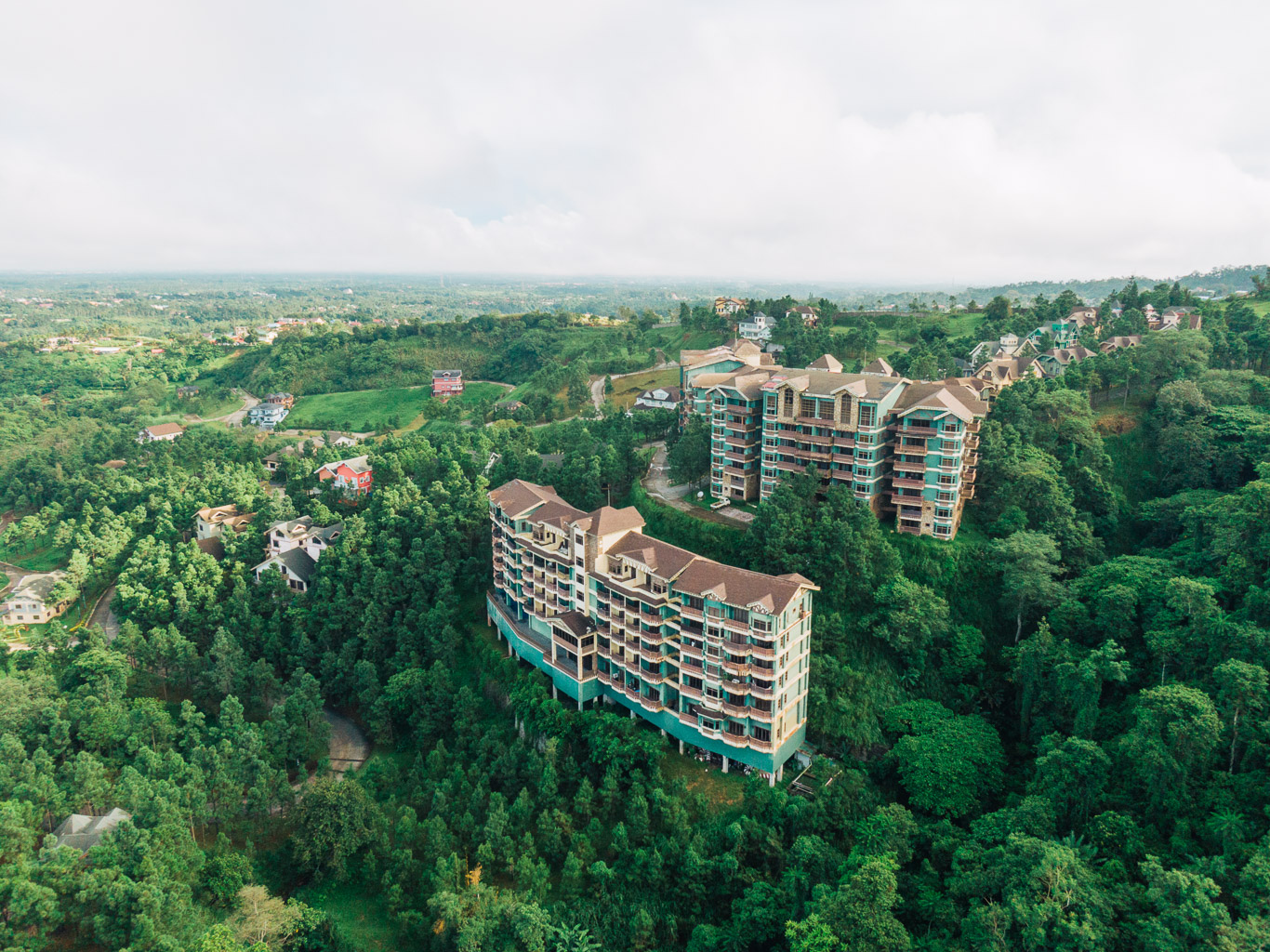
In the act’s provisions of this Philippine Real Estate Law, there are inclusions regarding the regulations on common areas and the exclusive rights of a condominium unit owner. Guidelines on refinishing or decorating the unit, selling, or disposal are also included in the Condominium Act. Basically, this allows people the right to land co-ownership aside from their unit in which they have absolute ownership. It also explains the extent of the unit owners’ influence when it comes to the property. This protects the buyers from being misled by the condominium developers regarding the management of their unit.
4. Investor’s Lease Act
The Investor’s Lease Act, also called as the Republic Act 7652, has been in effect since 1993. It has been enacted to encourage more foreign investors to be part of the Philippines’ real estate industry without taking away the majority of opportunities from the Filipino people.
The Investor’s Lease Act limits the involvement of foreign investors in the ownership of real estate properties in the Philippines. Instead, this act gives them the right to lease land in the Philippines for productive use. A foreign national or corporation with more than 40% foreign equity can be in a lease agreement with Filipino landowners for an initial period of up to 50 years. Afterwards, it can be renewed once more for up to 25 years.
Related to foreign homeownership, The Condominium Act that was previously discussed in this article states that foreigners can purchase condominium units as long as long as the foreign ownership does not amount to more than 40% of the condominium corporation.
5. Real Property Tax
The Presidential Decree No. 464 has been enacted in 1974 to implement a real estate tax code starting from the regime of the late President Ferdinand Marcos Sr.
P.D. 464 is the code that provides the guidelines of how real properties should be assessed and appraised for tax purposes. Some of the factors that affect the assessment includes the current market value, uniformity in each location, and the specific purpose of the property. This assessment aims to equally distribute the burden on real estate properties’ taxes. This process is done by the government which means that there is no private entity that can assess, appraise, or collect real property taxes.
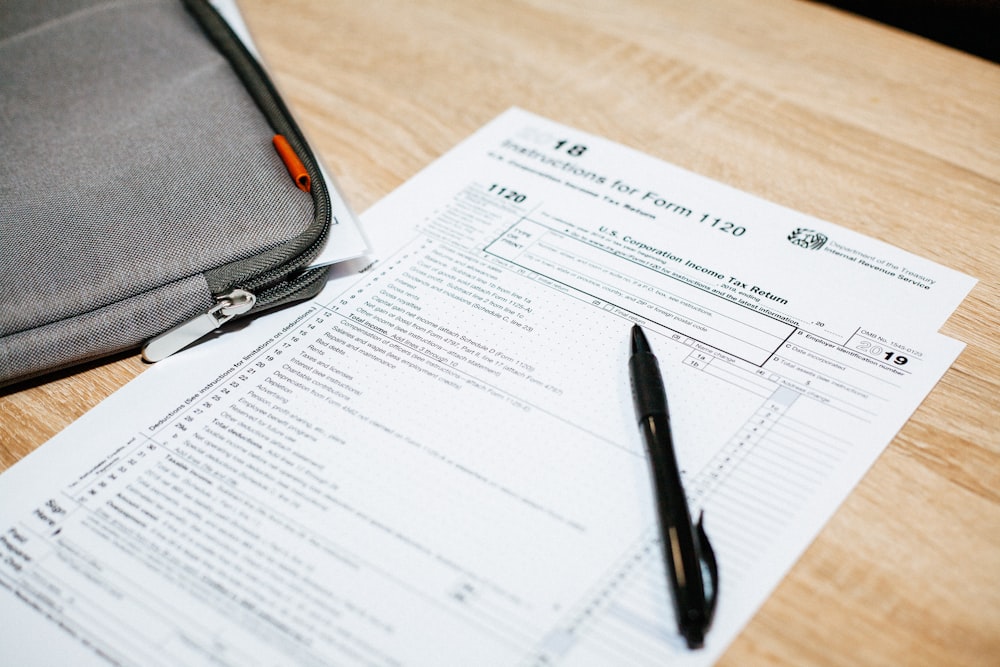
Real property tax is different from the taxes involved upon the sale of a real estate property. When purchasing a new house and lot, condominium, or any other real estate property, there are more taxes involved that need to be settled to proceed with the transaction.
Bonus: Taxes Involved in a Sale
Here is a quick rundown of the taxes involved in a sale of a real estate property:
Seller’s Responsibility on Capital Gains Tax
Capital gains are taxed at 6% on the selling price, the Bureau of Internal Revenue (BIR) zonal value, or the assessed value by the provincial/city assessor, whichever is higher.
Seller’s Responsibility on Income Tax & Value-Added Tax/Percentage Tax
If the property is considered an ordinary asset, meaning the seller is not habitually engaged in the real estate business, the tax to be paid falls under the seller’s other income. It amounts to around 30% for regular income tax or 2% minimum corporate income tax if the seller is a corporation.
Seller’s Responsibility on Value-Added Tax/Percentage Tax
A 12% value-added tax is imposed on the sale of the property and those licensed for brokerage business based on their commission. There are tax exemptions based on the type of property and price but these are still subject to 3% percentage tax.
Seller’s Responsibility on Creditable Withholding Tax
This is the tax withheld by the buyer/withholding agent from his payment to the seller who is habitually engaged in the real estate business. Although, if the real estate sold is considered a capital asset, there is no creditable withholding tax imposed and it will fall under capital gains tax instead.
Seller’s Responsibility on Documentary Stamp Tax
Simply put, this is the tax imposed for the documents, papers, or loan agreements that certify the sale and transfer of an obligation, rights, or property.
Buyer’s Responsibility on Transfer Tax
It is the tax imposed on the process of transferring ownership of a property, whether it is through a sale, donation, or any other way. The tax rate is determined by the property’s location.
Buyer’s Responsibility on Registration Fee:
This fee is imposed during the registration process of the property’s deed. It amounts to 0.25% of the selling price or the market value, whichever is higher.
Bottomline
Being well-informed about the laws governing real estate in the Philippines is equal to knowing the rights and obligations that homeowners have upon owning a real estate property. This ensures that the homeowners can protect themselves and deal with concerns that might arise along the way.
Continue your way to homeownership! Check out Brittany Corporation‘s luxury real estate properties in Crosswinds Tagaytay, Brittany Santa Rosa, Vista Alabang, and The Lakefront Sucat. Being nestled within stunning communities in these prime suburban locations, these luxury real estate developments are suitable for either residential and investment purposes.
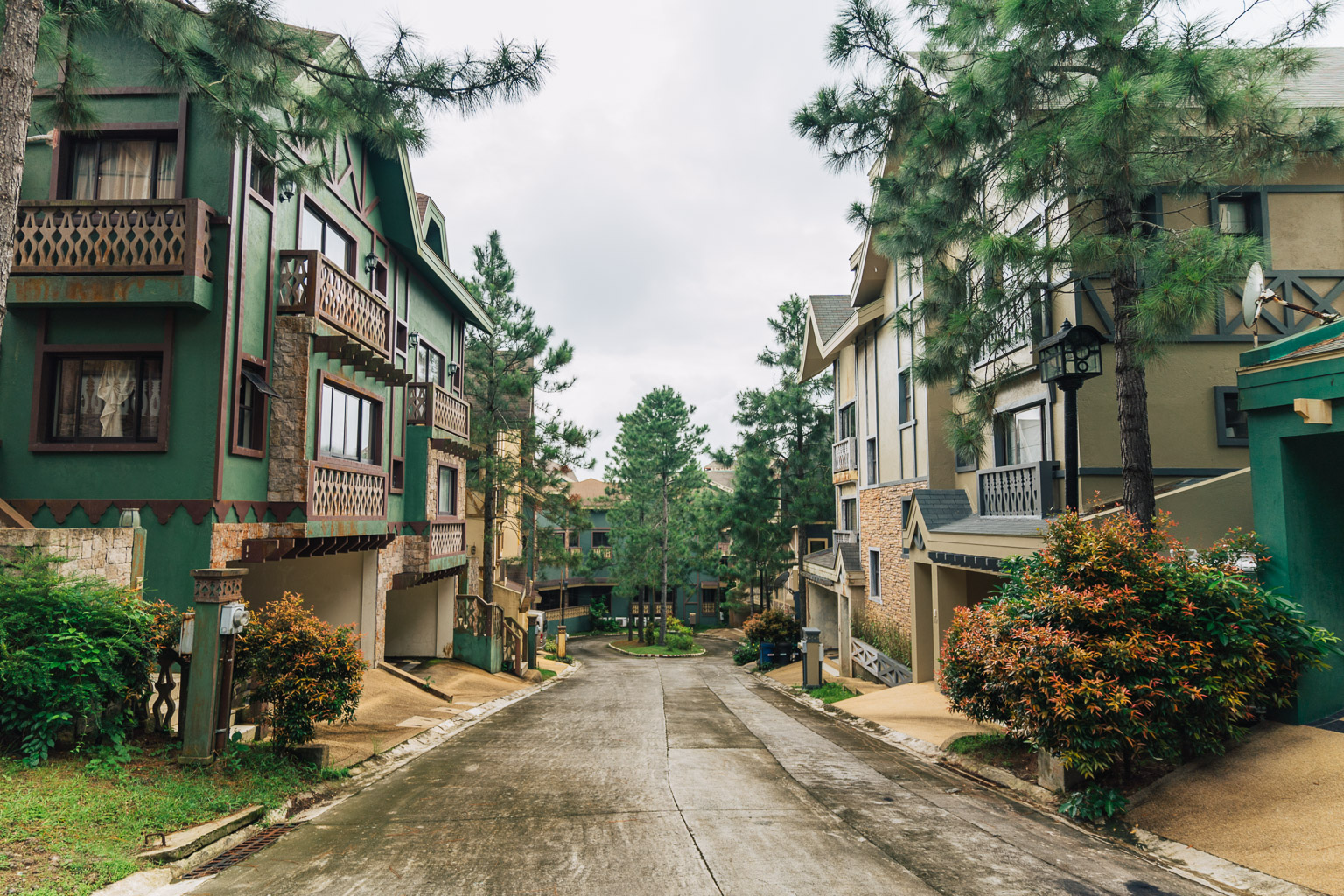
Brittany living is all about the luxury lifestyle that comes with being part of a themed community. Brittany Corporation ensures that homeowners will enjoy world-class luxury living every day with the perfect balance of beauty and comfort.
Get to know more about Brittany’s extensive portfolio of luxury real estate properties. Send a message to this link for sales inquiries or follow Brittany’s social media pages to see a glimpse of the luxury that Brittany living offers!
Next Read: How to Ensure That Your Land Title Is Real and Clean
Next Read: Most Expensive Tuition Fees in the Philippines





